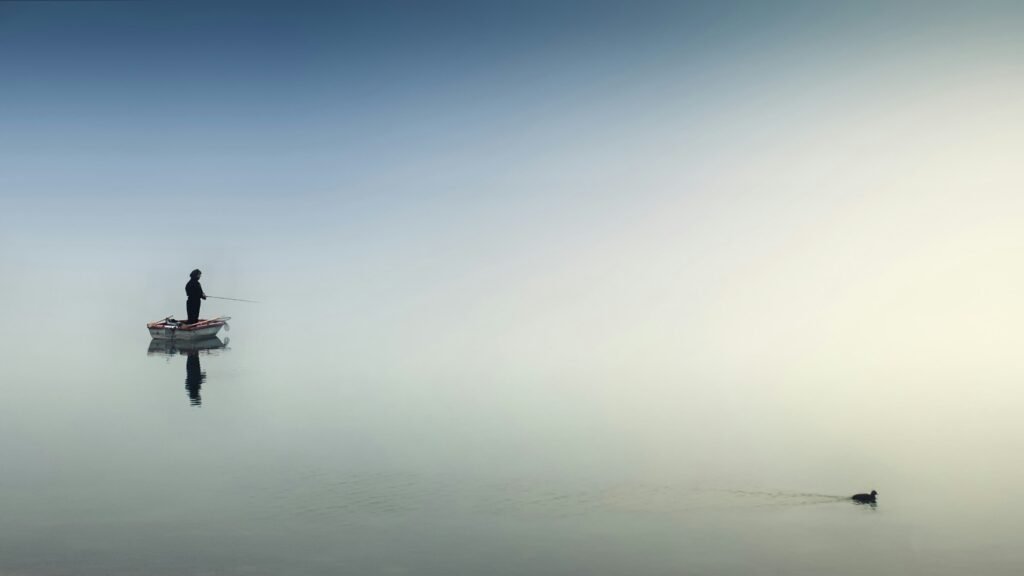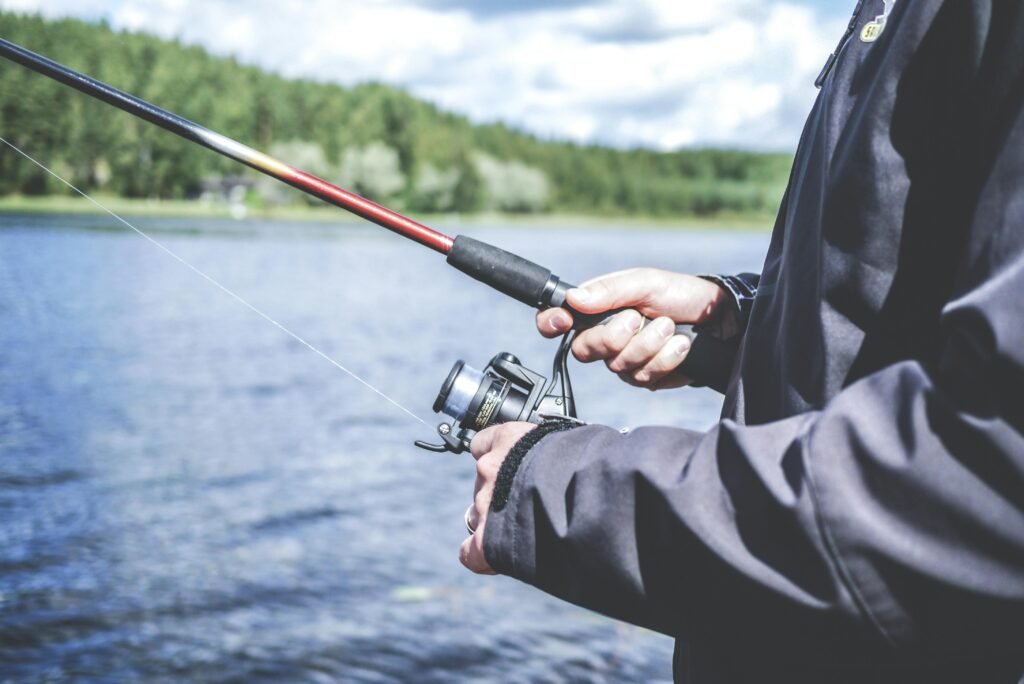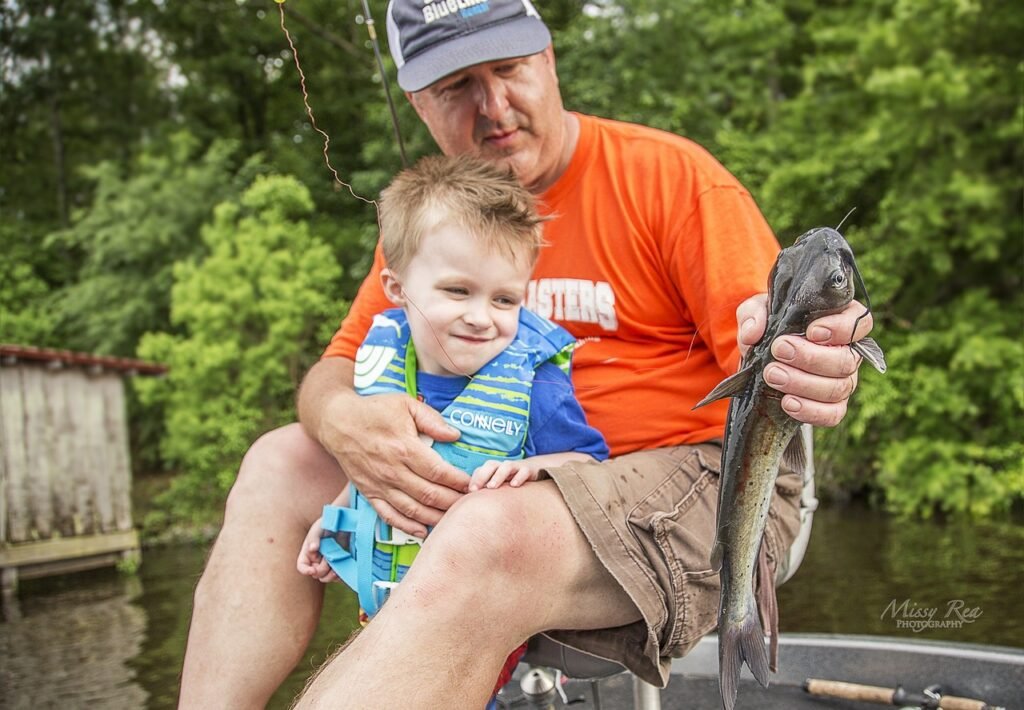Once upon a time, in the tranquil waters of lakes and rivers, there existed a delicate balance. The native fish swam freely, each species playing its part in the ecosystem. For generations, anglers relished the joy of fishing in these pristine environments, casting their lines with the hope of a good catch and a peaceful day on the water.
These anglers, eco-aware and conservation-minded, cherished the harmony that nature provided. They understood the importance of preserving habitats, respecting catch limits, and ensuring that future generations could enjoy the same pleasures. However, an unseen threat began to creep into these waters, disrupting this serene existence: invasive species.
The Arrival of the Invaders
Invasive species are non-native plants, animals, or microorganisms that, when introduced to a new environment, cause harm to the ecosystem, human health, or the economy. These species can outcompete, prey on, or bring diseases to native species, leading to irreversible changes in the ecosystem.
The story of invasive species in freshwater fishing began subtly. Perhaps it was a ship releasing ballast water from distant lands, a careless owner releasing an exotic pet into the wild, or an angler unknowingly transporting plants or animals from one water body to another. However they arrived, these invaders soon started to make their presence known.
The Unwanted Guests
One of the most notorious invaders is the zebra mussel. Originally from Eastern Europe, these small bivalves hitchhiked their way to North America through ballast water discharged from ships. Once introduced, zebra mussels quickly spread, forming dense colonies on any hard surface, including boat hulls, water intake pipes, and even native mussel shells.
Zebra mussels filter large amounts of plankton from the water, a vital food source for many native fish species. As the native fish populations began to decline, anglers noticed fewer bites and smaller catches. The underwater ecosystem was changing, and not for the better.
Another invader, the Asian carp, became infamous for their ability to outcompete native fish for food and habitat. These large, aggressive fish can jump several feet out of the water when startled, leading to dangerous encounters with boaters. The carp’s presence in the waters of the Midwest has led to a significant decline in native fish species, such as bass and bluegill, devastating the local fishing community.
The Battle for Balance
Eco-aware anglers and conservation enthusiasts have been at the forefront of the fight against invasive species. They know that to protect freshwater fishing, they must first understand the enemy. This involves learning about the life cycles, behaviors, and impacts of these invaders.
One of the most effective methods to combat invasive species is prevention. Anglers are encouraged to clean, drain, and dry their boats and equipment after each use to prevent the spread of invasive species. By taking these simple steps, they can help stop the spread of zebra mussels, aquatic plants like hydrilla, and other harmful invaders.
Conservationists also promote the use of native plants and fish in landscaping and stocking efforts. By choosing native species, they can help restore the natural balance of the ecosystem and provide habitats for local wildlife.
The Road Ahead
The battle against invasive species is ongoing, and the stakes are high. For freshwater fishermen, it’s a fight to preserve their way of life, the joys of fishing, and the health of the waters they hold dear. It’s a story of resilience, dedication, and hope for a future where native fish thrive, and invasive species are kept at bay.
As eco-aware anglers cast their lines into the water, they do so with a sense of purpose. They know that every action they take, no matter how small, contributes to the greater good. They are the stewards of the lakes and rivers, the guardians of the balance that nature intended.
In the end, the story of invasive species in freshwater fishing is a tale of transformation. It’s a reminder that while challenges may arise, the spirit of the angler, the commitment to conservation, and the love of nature will always persevere. And as long as there are fishermen who care, the waters will continue to teem with life, offering the promise of a new adventure with every cast.
So, the next time you find yourself at the edge of a lake or river, take a moment to reflect. Remember the impact of invasive species, and the role you play in protecting these precious waters. And as you cast your line, do so with the knowledge that you are part of a larger story—one of conservation, respect, and the everlasting bond between man and nature.



